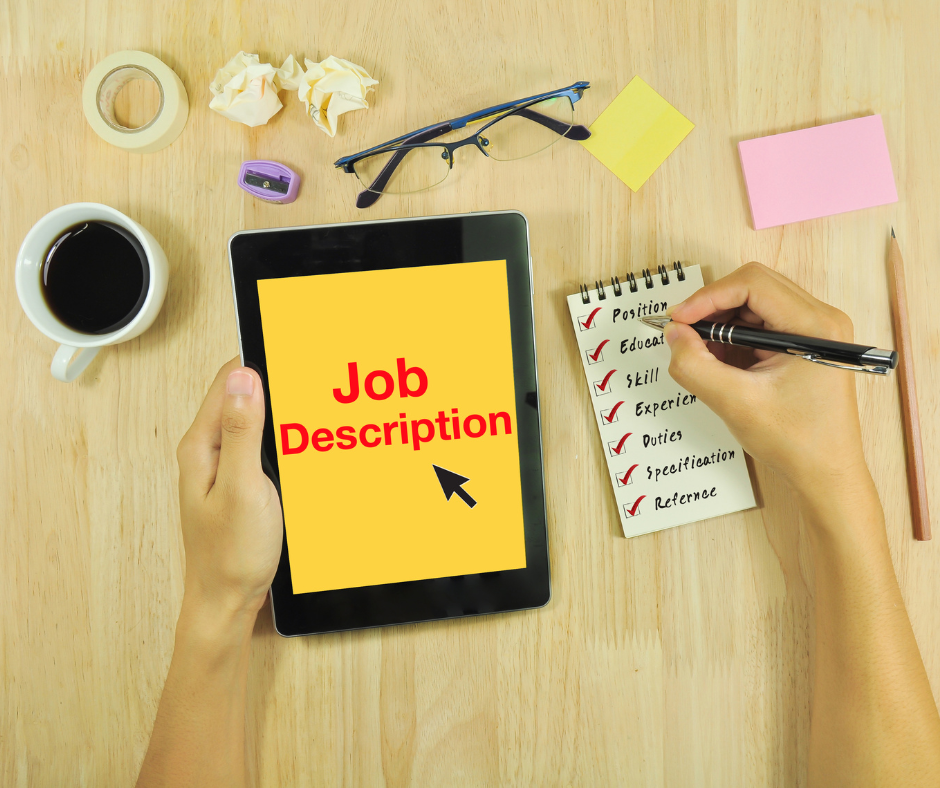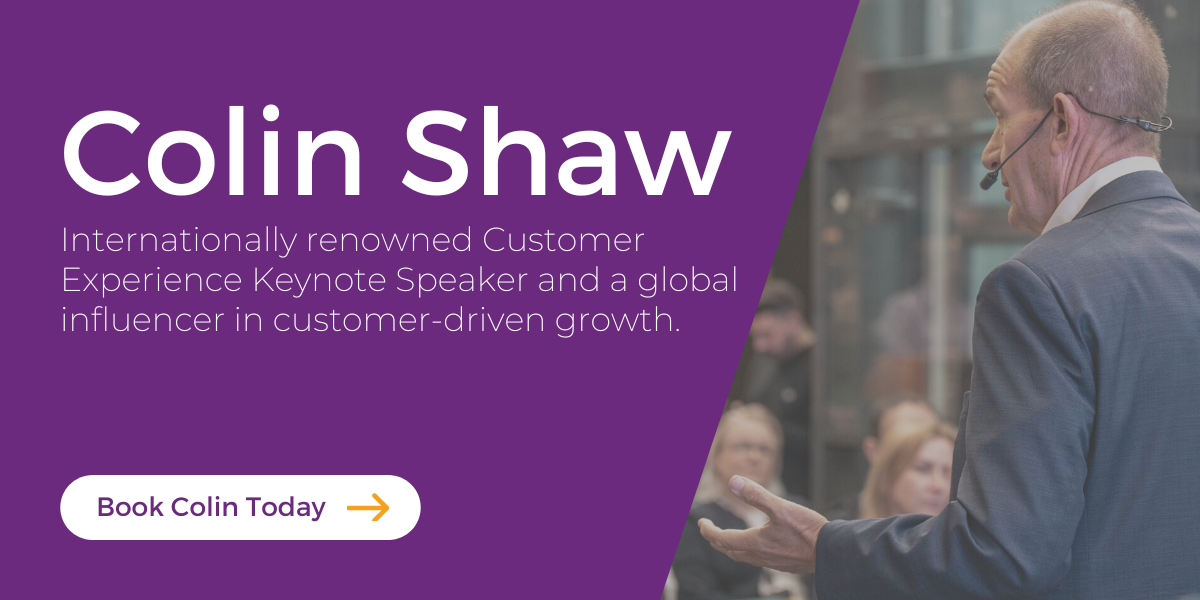I have made many mistakes in my life, I’ll admit. However, mistakes are not all bad. Sure, the mistake part is trouble, but you learn a lot from them.
I have made a couple of good calls, too. Starting this newsletter, for one, if, for no other reason than I might share what I learned with all of you.
So, let’s start at the bottom, my worst decisions, beginning with…
Watch Colin talking about this on YouTube:
Subscribe to our YouTube channel here to see all the latest videos!
Out of the Frying Pan Into the Fire
In my 20s, I sold photocopiers, but I didn’t like it. I enjoyed neither the unethical organizational culture nor the job itself. Moreover, I wanted to be a manager and saw no path to that future in the photocopier business.
So, I quit that job and moved to an engineering-based company with plans to become a sales manager with a sales team. However, I knew next to nothing about engineering, or maybe it was actually nothing. Either way, it’s hard to sell what you don’t understand. Plus, my boss used to call me every night and ask what I did that day, which I hated. (Needless to say, I didn’t make manager at the engineering firm, either.)
So, in my hasty decision to switch industries, I learned the meaning of the saying, “Out of the frying pan into the fire.” In every dreaded phone call with my boss about my daily activity, the intention of that idiom was clear to me.
Therefore, you must learn about the company culture and product before joining a company. Spend time there. Read about them online. If possible, talk to someone who already works there. Determine who their competitors are.

If you are interviewing, ask for a job shadow or two. Ask everyone you talk to about what they like about their job. All of these activities will presumably reveal whether the company is a match for your next steps. If you give some thought about where you are trying to get to and what you want for your career, you have a much better chance of getting it.
You Have to Kiss a Lot of Frogs Before You Find a Prince
I am bad at recruiting. But, to be clear, I have an excellent team, many of whom have worked with me for years and years. So, I reconcile that happy circumstance with blind, dumb luck on my part.
Plus, there have been many less-than-ideal mistaken hires. So, having those sheer numbers behind my choices means that sometimes you accidentally do a good job despite yourself. After all, you must kiss many frogs before you find a prince (or princess).
Over the twenty or so years I have been hiring people for Beyond Philosophy, I have learned that I take too many risks. I always think I am finding a diamond in the rough, but I am not; there’s just rough, no diamond. So, I realized I had to make a change.
Instead of making the call on new hires, I have the rest of the team weigh in, too. That way, we don’t spend a lot of time and money bringing the wrong candidate up to speed. Or lose a lot of money because we discover they weren’t a great fit, or worse, our clients find out first and leave.
Moreover, you need to spend as much time as possible in different settings to see other facets of the candidate. Lots of frogs can breeze (or hop) through an interview. However, it takes time to understand an employee, sometimes six or even 12 months. While you can’t have someone interview for that long, you can review whether someone you hired is going to work out or whether they need to go home to their lily pad.
Also, if you do find a great employee, hang onto them. They are gold…or, I should say, diamonds.

Expanding Too Quickly
Around 2004, I made the mistake of thinking that my global Customer Experience Consultancy was about to experience rapid growth. I had written two books, Building Great Customer Experiences (Palgrave Macmillan, 2002) and Revolutionize Your Customer Experience (Palgrave Macmillan, 2004), and we were flooded with inbound inquiries about our services. At this point, I had done little more marketing for my Customer Experience consultancy than writing and marketing the books. So, I was sure that if we took a proactive approach and instituted an outbound sales team effort, we would enjoy an avalanche of new projects too numerous to count.
So, I set up a telemarketing team. It was here that I first confronted how bad I was at recruiting (see above).
However, I also learned a significant difference between inbound and outbound leads. There is much more urgency on the client side when the lead is inbound, and the sales cycle was around 90 days with a high closing ratio. By contrast, there was little urgency when a lead resulted from an outbound sales force. The sales cycle was ten months to a year, and the close ratio was pretty low.
What’s more, I had employed many consultants (who weren’t selling at all) in anticipation of all these projects we would get. So, therefore, I had a lot of expenses, more or less sitting on the bench waiting for work.
If I had my time over again, I would have done it much slower, and my expansion would have been sales led. In other words, I would have waited until we won business or got close to winning the business to build the team.
So, those are some of the bad decisions I have made. However, I have made a couple of good ones, too. So, let’s take a look at some of those.
Taking a Risk on Starting My Consultancy
So, even though I expanded it too quickly, having begun Beyond Philosophy was one of my good decisions (and my wife’s). By taking risks and leaving the comfortable life of a corporate executive, I could do what I wanted.
One of the dangers of starting a consultancy and doing whatever you want is that sometimes you do too much. In my case, that meant working all the time and at all hours, which took a toll on my work-life balance for at least ten years. So, yes, even in my best decision, I might make a few tweaks to my method.
But something I wouldn’t tweak is starting on this adventure. Looking back, it was a turning point in my career and the right choice for my family and me.
Never Stop Learning
One of the things that have been my constant companion throughout my career is reading. I read many business books. Stephen Covey, author of Seven Habits of Highly Effective People, would call it “sharpening the soul.”

However, today you have options. There are podcasts, webinars, conferences, talks, and all those kinds of things. If you don’t fancy reading, no worries. Find something you do like. Whatever you choose, be sure that you get outside of your head and learn other people’s perspectives.
It is crucial to continue learning long after you leave school. Not only does it improve your mind, but you also get excellent ideas. My best ideas often are inspired by things I have read. Therefore, if you are trying to stay ahead of the game, don’t underestimate the importance of remaining well-read and thirsty for knowledge.

Are there more good decisions? Sure, I had more than these two. I also had more bad decisions, too…like the time I met my future father-in-law climbing through his cottage’s window at the resort where both our families were staying on holiday many years ago. That one turned out pretty good for me in the long run, but it was definitely dodgy in the short term.
Both good and bad decisions have their purpose. Sometimes they help move us along in our journey; other times, they help us grow. However, in all decisions, there are things to learn. I hope what some of mine taught me will help you on your journey, too.

Colin has spoken at hundreds of conferences, including some of the world’s largest brands. Talk to Colin about how he can speak ‘in person’ or ‘virtually’ at your conference. Click here.


